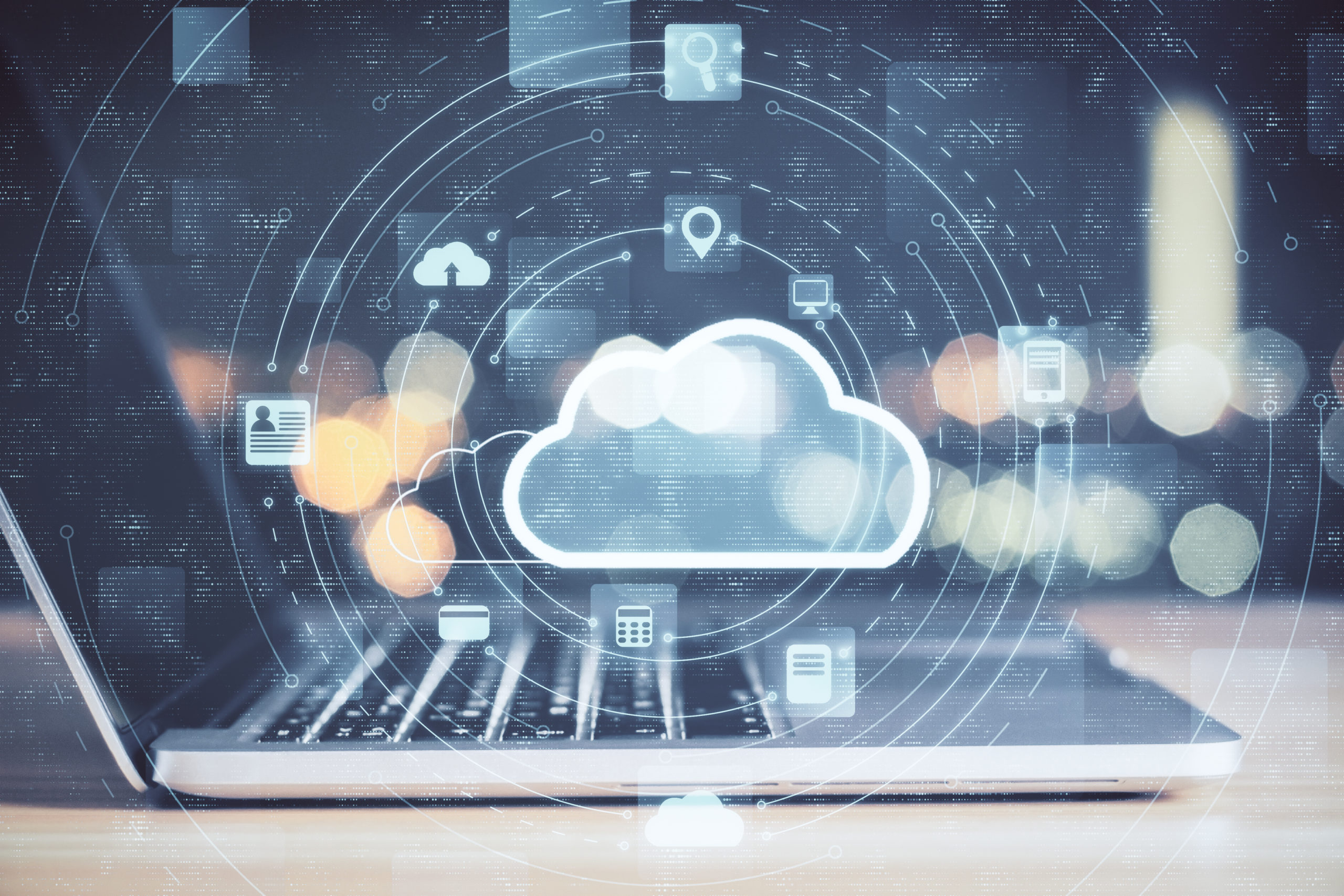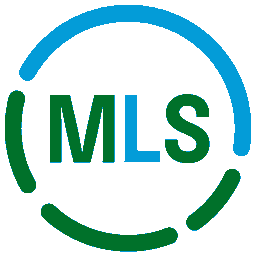E-learning is growing at the same pace as digitization, and it is indeed a massive phenomenon.

Situation
Due to the impact of the Internet, and most recently the Covid19 pandemic, more and more people are choosing to step away from the classroom and take their courses online.
While student-teacher interaction allows for a dynamic learning experience, in online learning, employees study in a more or less confined manner and must be motivated, as this is self-directed learning.
In e-learning, the employee is free of location and can start/stop or replay the study material whenever he/she wants within the allocated time budget.
In addition, e-learning saves a lot of time, including travel. Employees can use this time for other professional activities.
In e-learning, the design and implementation of the course is always the same. The content delivery process is streamlined and consistent, and the course is customized to each employee’s role. Course length is shorter and the employee feels personally engaged with the content.
E-learning is more flexible, consistent and cost-effective.

Solution
Although the e-learning format was constrained by the Covid19 pandemic, MLS quickly saw the benefits, especially for its clients.
Learning an ERP is never simple, and making it very modular based on specific roles in Spitex has allowed for better and faster understanding.
The students are focused and feel very engaged in the modules that are offered.
The modules are shorter in duration, which also allows the employee to better memorize the content and quickly become autonomous.
In addition, if they forget, they can simply go back to the content and review certain chapters.
This method avoids travel, long time, inattention when the content is not directly related to the person’s role. The time saved is considerable.
MLS has therefore developed this method and will continue to improve it for all Spitex staff.
Nevertheless, the training of the field caregivers remains short and simple, and the training of the administrative, logistic and financial staff is longer but much better targeted.

Impact
Caregivers are significantly less stressed in an online course, because they are only away from their caregiving activity for a very limited time. The fact that they can return to the content whenever they want also contributes to their peace of mind.
As employees feel involved in the content, their level of concentration and adherence is even higher.
For example, the person in charge of planning will be offered an overview of the whole business process, but will not need to go into the subtleties of billing. The planning topics will be customized according to the way the company plans its activity (by resources or by customer demand) and the planner will be able to go into detail on the topics that concern him and ask all the questions that are related to his own work.
The majority of cell phones remain switched off as the course duration is shortened, and even in case of an emergency, a course can easily be rescheduled.
The training of each user is monitored by both MLS and Spitex management and it is much easier to integrate change management under these conditions.
MLS is exploring new digital possibilities to further expand its e-learning offer, and progress in this area is constant.
However, the training and support teams remain available to the students for the entire three-month hypercare period , and the content is available at any time thereafter.




